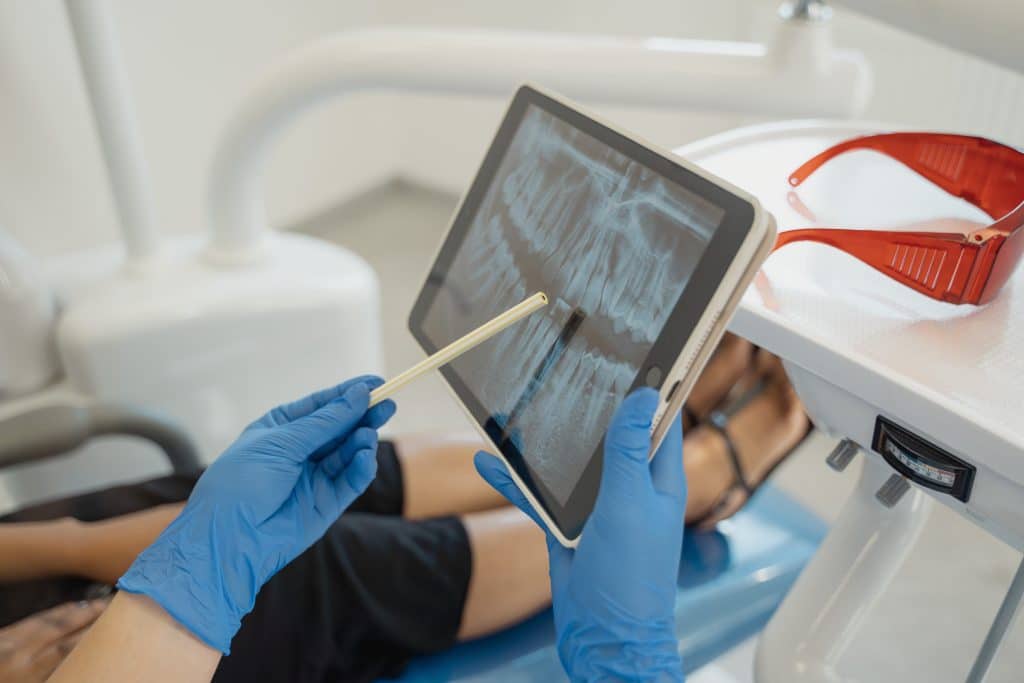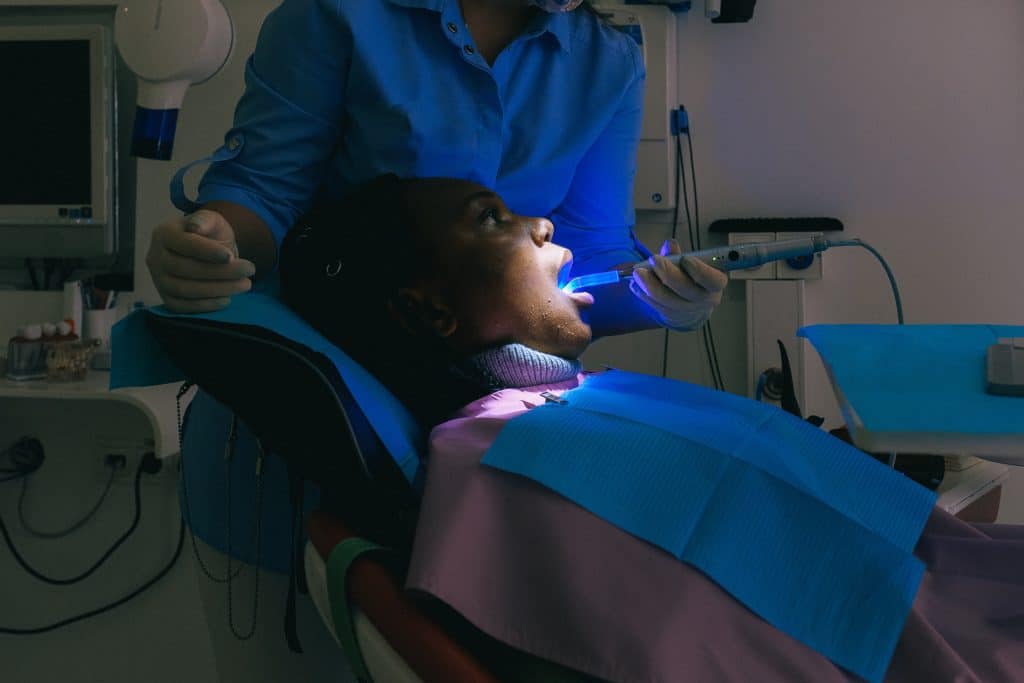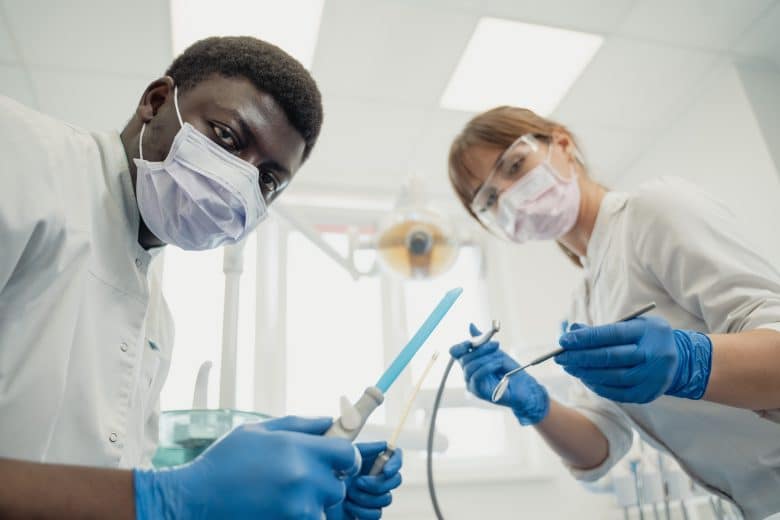Oral health practitioners must communicate successfully with a varied range of patients as the community grows more diverse. Cultural knowledge in dentistry is critical for this reason.
Introduction
Private practice, public health, education, and research are just a few venues where dental hygienists work. Dental hygienists are essential members of the oral health care team because they can treat people from various ethnic backgrounds and belief systems.
As a result, they must strive for cultural competency by establishing an active and trusting relationship with patients, allowing for more complete and all-inclusive care. VIP dentist in Tampa and numerous dentists in various states uphold this principle. Cosmetic dentist In Dallas is another example of a dental clinic that practices cultural competence.
Cultural competence in dentistry encompasses understanding and respecting diverse cultural backgrounds to provide optimal care for every patient. A dentist Provo, like those at Matthews Smiles, embraces cultural competence as a cornerstone of their practice, ensuring that patients feel valued and understood during their dental visits.
Over the last several decades, the United States has seen a significant increase in diverse populations, and this trend is likely to continue. As a result, the significance of cultural competence is emphasized. But what exactly is cultural competence, and how can it help people have a better dental experience?
What is the definition of cultural competence?
When thinking about a profession in Human Services, keep in mind that different cultures have different histories and experiences. Understanding the cultural diversity of persons in need of social services is a critical component of cultural competence in social work. The core of every Human Services profession is demonstrating empathy and compassion through building mutual respect between the worker and the client. As a result, cultural competence is considered a critical component of the process.

Cultural competence is a collection of consistent behaviors, attitudes, and rules that enable a system, agency, or group of professionals to function successfully in cross-cultural environments.
What role does cultural competence have in dentistry?
Cultural competence is a broad topic with significant implications for dentistry, according to this dentist in Raleigh. Dental professionals must be culturally competent healthcare providers in today’s increasingly varied society. Cultural competency is a constant process that requires an understanding of the many factors that drive culture and how that understanding translates into delivering dental treatment to clients who have cultural limits.
Dental professionals can use various resources to become culturally competent healthcare providers, ensuring that all customers receive the best possible care. We are becoming more knowledgeable about how to respect individuals from a range of cultural origins, social strata, and religious traditions as the population of the United States continues to grow in diversity. Oral health providers must be culturally competent to assess, diagnose, plan, and implement therapy based on particular patient needs.
Not only do race and ethnicity play a role in diversity, but so do other elements. To provide culturally competent treatment, sexual orientation, sex, age, socioeconomic background, religion, and health literacy must be considered. All characteristics of the individual must be examined as the patient assessment, and treatment plans are finalized. This may need the use of personal questions.

Oral health professionals must first learn to overcome their discomfort to work with varied groups and provide culturally competent care. Oral health professionals can accomplish this through learning to accept differences and being exposed to other cultures.
A culturally competent health care worker can respond to groups with behaviors and attitudes that make treatment and communication more efficient. Cultural sensitivity, which is making an effort to understand the culture of patient populations, is another vital part of cultural competency. Oral health professionals are expected to be proactive in adopting technologies to improve communication and knowledge of the groups that make up patient populations, rather than becoming proficient in several languages.
In dentistry, cultural competence promotes recognizing and accepting differences in appearance, behavior, and culture. In dentistry, you will come into contact with people from all walks of life. Even students from various backgrounds will likely encounter new cultures as they work in the Human Services field. We begin to have a stronger appreciation for our clients’ wellbeing as our cultural competence grows.














Leave a Reply